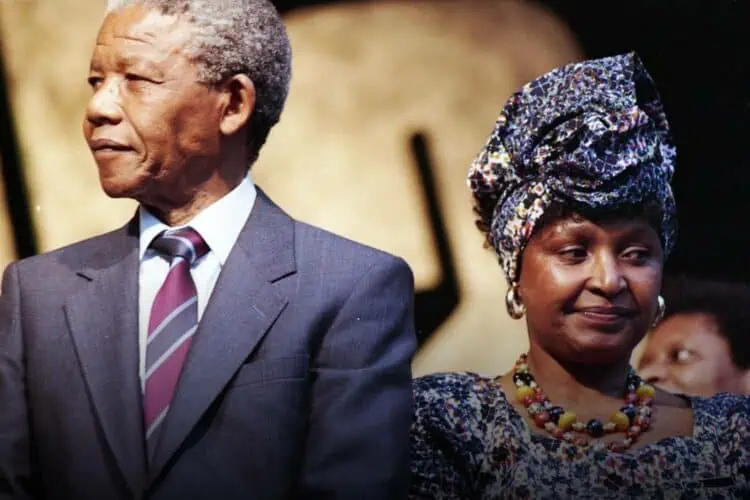February 9 marks several significant events in the history of South Africa, reflecting the country’s complex journey through colonialism, apartheid, and the struggle for freedom and justice.
These historical events happened on 9 February
Here’s a closer look at five notable events that occurred on this day across different periods.
1. Sophiatown Residents Forcefully Moved to Soweto (1955)
In the early hours of 9 February 1955, approximately 2 000 policemen, armed with guns, knobkerries, and rifles, initiated the forced removal of Sophiatown residents to Meadowlands, Soweto.
This action was part of the apartheid government’s wider strategy to segregate populations based on race, forcibly displacing black communities to designated areas far from city centres.
Sophiatown’s removal was emblematic of the apartheid regime’s brutality, marking a profound moment of loss and resistance within the community.
2. Hlubi Chief Langalibalele Tried and Banished to Robben Island (1874)
Chief Langalibalele, a prominent Hlubi leader, became one of the first black activists to face trial and subsequent banishment to Robben Island on 9 February 1874.
His resistance against colonial impositions, particularly the refusal to comply with firearm registration laws, led to his arrest and trial, symbolizing early acts of defiance against colonial rule and the injustices that would later characterize the apartheid era.
3. Labram, Manufacturer of ‘Long Cecil,’ Killed by Shell from ‘Long Tom’ (1900)
On 9 February 1900, during the Siege of Kimberley in the Second Anglo-Boer War, George Labram, an American engineer who built the famous Long Cecil gun, was killed by a shell from the Boer’s Long Tom artillery.
This event underscored the intensity and global connections of the conflict, highlighting the technological and personal dimensions of the colonial wars that shaped South Africa’s history.
4. Winnie Mandela Receives a 6 Months’ Sentence (1978)
Winnie Mandela, a key figure in the anti-apartheid movement and the then-wife of Nelson Mandela, was sentenced to six months in prison on 9 February 1978.
Her activism and subsequent legal troubles reflect the broader struggle against apartheid, showcasing the personal sacrifices made by individuals in the fight for freedom and equality in South Africa.
5. Bulelani Vukwani Goes on a Shooting Spree (2002)
On 9 February 2002, Bulelani Vukwani embarked on a tragic shooting spree, an event that shook the nation and prompted discussions on issues such as violence, mental health, and security in post-apartheid South Africa.
While not directly related to the political struggles of earlier periods, this incident is part of the complex social challenges the country continues to face.






